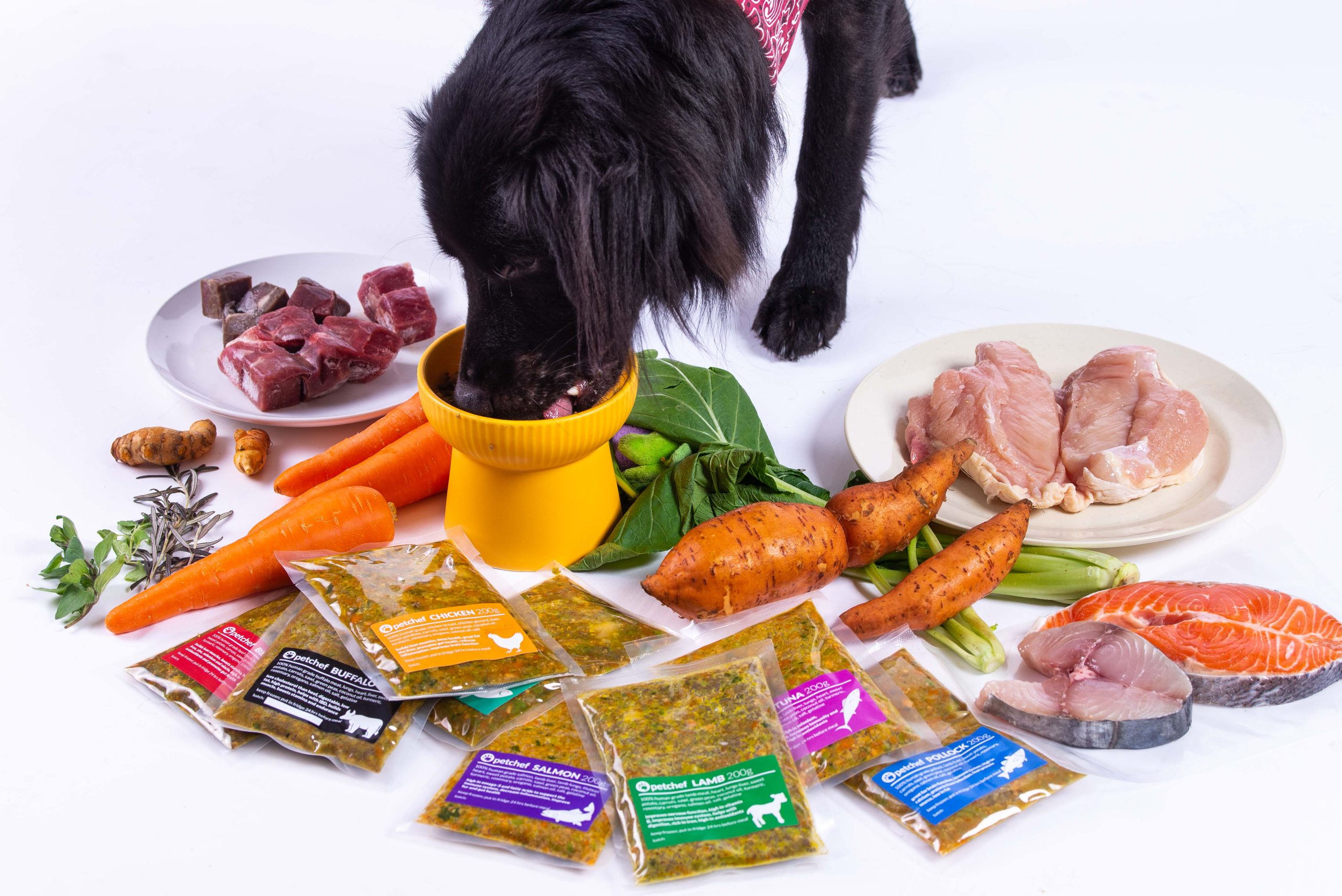Rabies is a disease that has earned its street cred for legitimate reasons. Everyone knows that it’s a deadly and highly infectious disease that causes animals to turn rabid. And a bite from an infected animal can have a fatal effect on us humans.
This lethal virus attacks the brain and spinal cord of mammals which alters their behavior and response to certain stimuli due to an inflammation in the brain.
Hence it’s highly important for us to get our furkids vaccinated against this disease!
How It Happens
This virus is typically transmitted between mammals via infected saliva transfer which typically happens through a bite. However the infected saliva can also come in contact with mucous membranes or an open, fresh wound from a scratch.
It can also live on the coat of the animal and the virus has an incubation period between 2 to 8 weeks before the signs of the disease are noticed. However, the saliva-transmitted virus can kick into action 10 days before the symptoms even appear.
Because wild animals and strays have a higher risk of being carriers of this virus, it’s wise for us to be watchful for ourselves and our pets when interacting with them. However, it’s absolutely unnecessary for us to be unkind and abusive towards them too.
Signs & Symptoms
A first sign that should raise some concern is if your pet has been bitten. They may constantly lick, bite and chew at the bite wound. Besides that, a fever may also be present at this stage which would be an indication of an infection and warrants a visit to the vet as well.
As the virus progresses, the dog would undergo a temperament change leading to these two recognised forms of rabies:
- Furious rabies: The dog goes from having a voracious appetite (even eating non-food items such as stones and dirt) to becoming paralysed (being unable to eat or drink) and eventually experiencing violent seizures which is usually followed by death.
- Dumb or paralytic rabies: The dog’s face may distort and swallowing may appear to be a struggle, followed by a coma and death. It’s commonly associated with the salivating, rabid dog imagery.
Although dumb rabies may sound like a more docile version of rabies, it still is as potent as the furious rabies form. Therefore you should exercise caution around any animal that appears to have something stuck in its mouth or throat. Attempting to pry the mouth open of an infected animal can result in the transmission of rabies through cuts and grazes. Worst still, if the animal decides to attack you.
In short, classic signs of a rabies infection includes:
- A change in temperament (eg: Friendly dogs may become irritable, while normally excitable animals may become more docile)
- Loss of appetite
- Hypersensitivity to touch, light and sound
- Weakness
- Seizures
- Sudden death
PS: The fear of water is not a sign of rabies in dogs but is instead a sign of rabies in people.
What To Do If Bitten
Immediate first aid treatment is to kill the virus through flushing and washing the wound for a minimum of 15 minutes with soap and water, detergent, povidone iodine or other disinfecting solutions.
But more importantly, you should pay a visit to your nearest clinic or hospital for a check up with the doctor. This would allow the healthcare establishment to inform the Health District Office within 24 hours of confirmation of the case and subsequently the nearest District Veterinary Office.
If your pet has been bitten by a rabid animal, just stay calm but notify your vet and the nearest District Veterinary Office.
It’s best not to touch your dog after a suspected rabies attack. The virus may remain alive on your pets skin for up to two hours which increases the risk of transmission to you or their human handlers. This also means that it’s best to isolate the bitten pet from the rest of your furkids to reduce cross contamination.
However, if you must handle your dog, do make sure to wear gloves, protective clothing and properly sanitise/disinfect yourselves.
A dog who’s up to date with their vaccinations but has been bitten by a possibly rabid animal would be given a rabies booster and kept under observation for 45 minutes.
Unfortunately a diagnosis for rabies can only be carried out on a dead animal and no cure exists for this virus. Hence, it’s best to be safe than sorry and have your pet vaccinated against rabies and other vaccine preventable diseases.
-//-
As pet parents, we’d love to have our furkids live their best and longest lives with us. From ensuring they receive a healthy dose of pats and treats, to going for their mandatory check ups, there’s an exhaustive list of things we can do to give the best care to them.
Another way of showing our love and care responsibly is giving them the best diet that caters to their nutritional needs.
Here at Petchef, we believe that feeding your pet should not burn a hole in your wallet nor cause them health issues which would warrant a hefty medical bill.
Which is why we’ve created the option for pet parents to have freshly cooked human-grade pet food delivered right to your doorstep. Starting from RM80 a month, your pet will get to enjoy meals tailored to their dietary requirements and preferences.
All you’ll have to do is tell our Petchef Advisor about your pet for us to work out a suitable meal plan for your pet.
PS: You can get a free meal sample too!



















